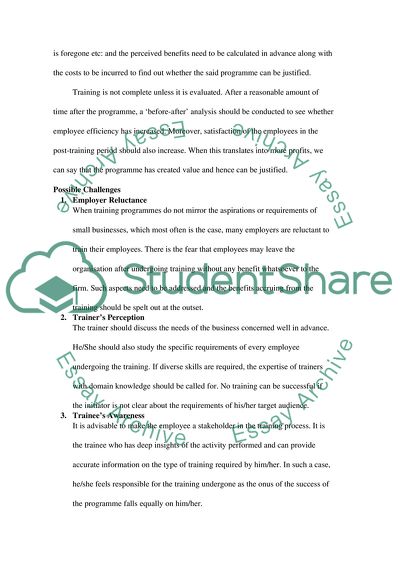Cite this document
(“Assignment 1: Training and Development in Small Businesses”, n.d.)
Retrieved from https://studentshare.org/human-resources/1626324-assignment-1-training-and-development-in-small-businesses
Retrieved from https://studentshare.org/human-resources/1626324-assignment-1-training-and-development-in-small-businesses
(Assignment 1: Training and Development in Small Businesses)
https://studentshare.org/human-resources/1626324-assignment-1-training-and-development-in-small-businesses.
https://studentshare.org/human-resources/1626324-assignment-1-training-and-development-in-small-businesses.
“Assignment 1: Training and Development in Small Businesses”, n.d. https://studentshare.org/human-resources/1626324-assignment-1-training-and-development-in-small-businesses.


